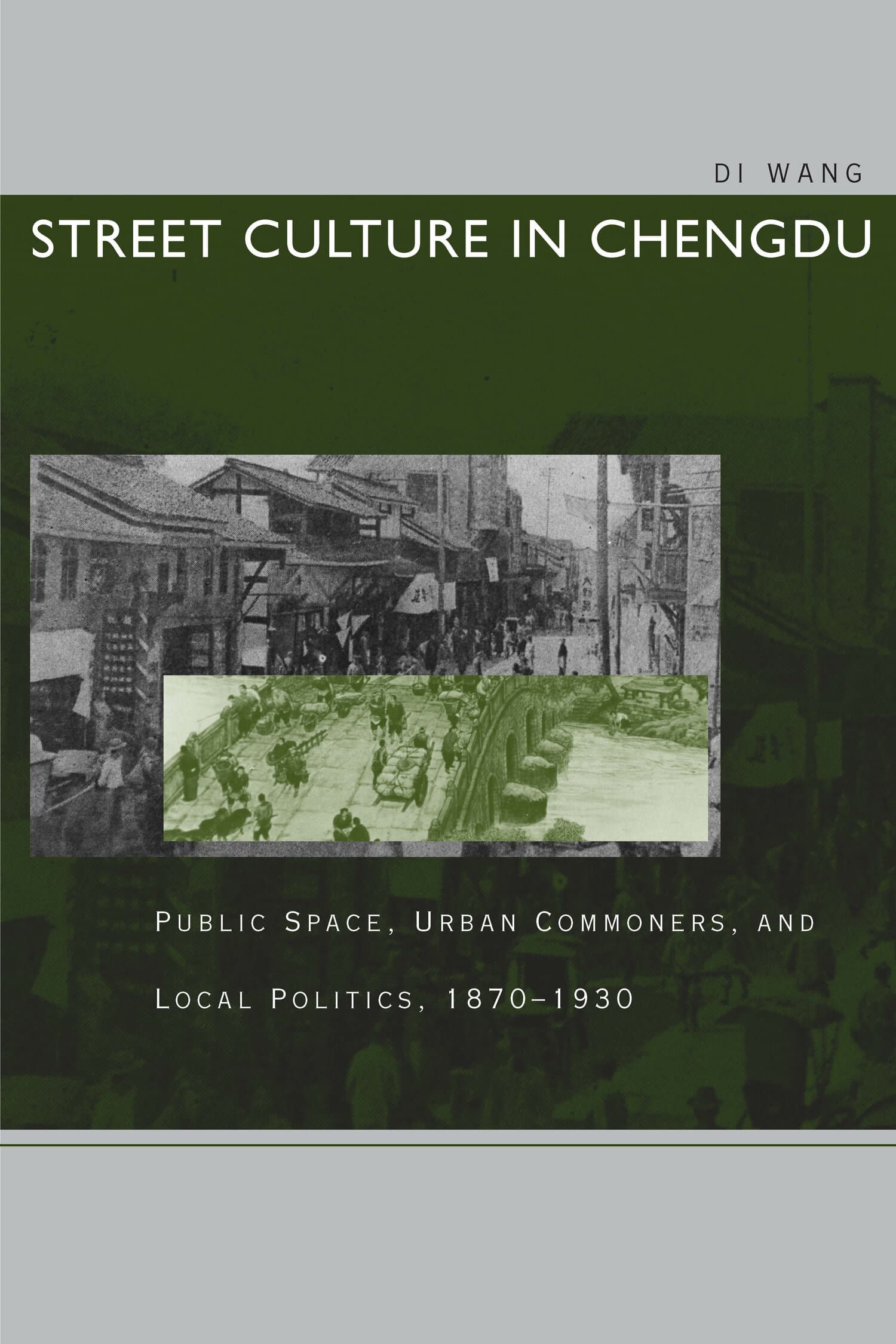The Slow Boil

Street food vendors are both a symbol and a scourge of Mumbai: cheap roadside snacks are enjoyed by all, but the people who make them dance on a razor's edge of legality. While neighborhood associations want the vendors off cluttered sidewalks, many Mumbaikers appreciate the convenient bargains they offer. In The Slow Boil, Jonathan Shapiro Anjaria draws on his long-term fieldwork with these vendors to make sense of the paradoxes within the city and, thus, to create a better understanding of urban space in general.
Much urban studies literature paints street vendors either as oppressed and marginalized victims or as inventive premoderns. In contrast, Anjaria acknowledges that diverse political, economic, historic, and symbolic processes create contradictions in the vendors' everday lives, like their illegality and proximity to the state, and their insecurity and permanence. Mumbai's disorderly sidewalks reflect the simmering tensions over livelihood, democracy, and rights that are central to the city but have long been overlooked. In The Slow Boil, these issues are not subsumed into a larger framework, but are explored on their own terms.
"In this highly readable book, Anjaria demonstrates the power of ethnography to go beyond universalist arguments about neoliberal displacement of the poor from the city. What he offers us instead is finely-observed data that compels surprising arguments about the nature of citizenship and informality in the megalopolis of Mumbai."—Akhil Gupta, University of California, Los Angeles
"Is street vending Mumbai's lifeblood or affliction? This question animates the battles over space and rights in Anjaria's book. A compelling treatise against dystopic urban theory and determinist readings of the law, this rich ethnography illuminates Mumbai as a terrain of spirited maneuver, rather than outright exclusion."—Ajantha Subramanian, Harvard University




